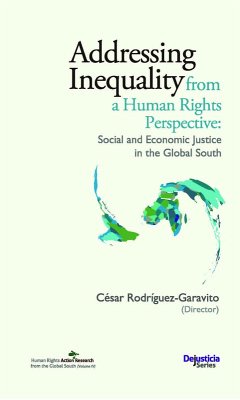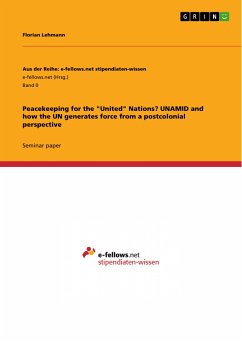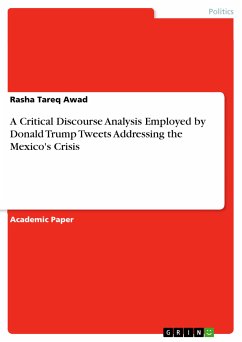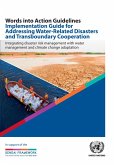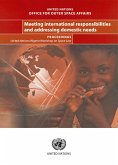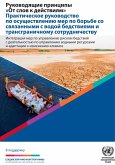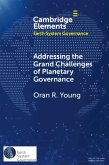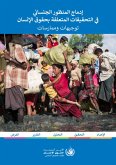This book points to an emerging set of ideas and practices being developed by activists, scholars, and courts from a range of countries that reveals the potential of human rights to resolve other radical injustices and to build more robust civil society movements against inequality and deregulation. Numerous countries around the globe are witnessing a similar experience in their modern political contexts: democratic tools and human rights instruments-which have facilitated undeniable improvements in the lives of millions-are proving largely insufficient for preventing extreme forms of exclusion. In other words, while human rights have played a fundamental role in highlighting inequalities based on factors such as gender and ethnic and racial identity, they have coexisted alongside persistent socioeconomic injustices and the rise of authoritarian populist governments that are jeopardizing human rights institutions and principles worldwide. Against this panorama, some are arguing that the human rights movement is incapable of warding off social injustice, while others are calling for a separation of the human rights and social movements. This book offers a third way: it points to an emerging set of ideas and practices being developed by activists, scholars, and courts from a range of countries that reveals the potential of human rights to resolve other radical injustices and to build more robust civil society movements against inequality and deregulation. Descripción tomada de: dejusticia.org/publication/adressing-inequality-from-a-human-rights-perspective
Dieser Download kann aus rechtlichen Gründen nur mit Rechnungsadresse in A, B, BG, CY, CZ, D, DK, EW, E, FIN, F, GR, H, IRL, I, LT, L, LR, M, NL, PL, P, R, S, SLO, SK ausgeliefert werden.

